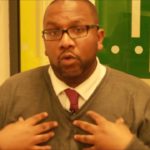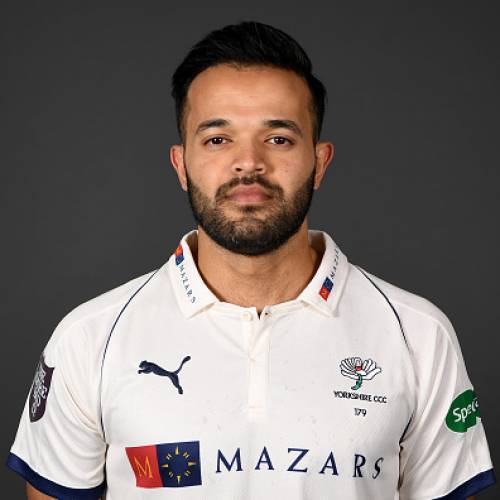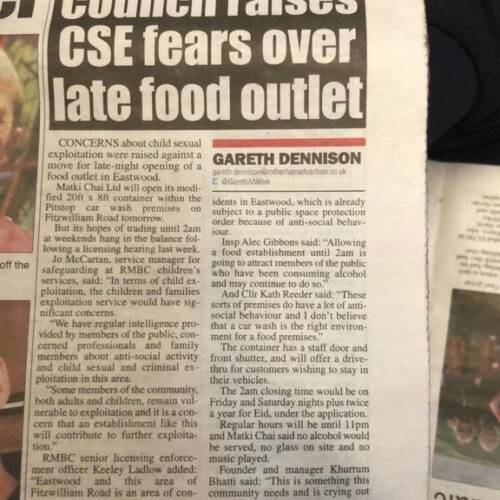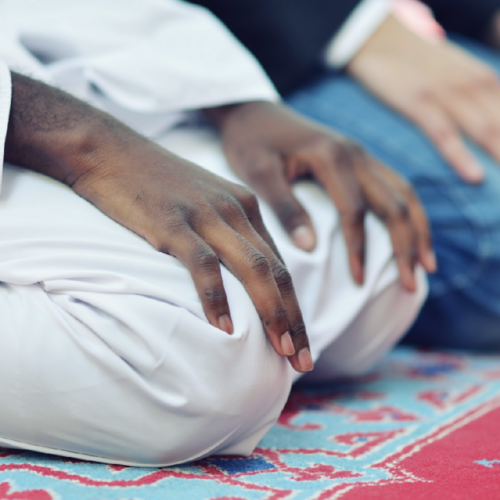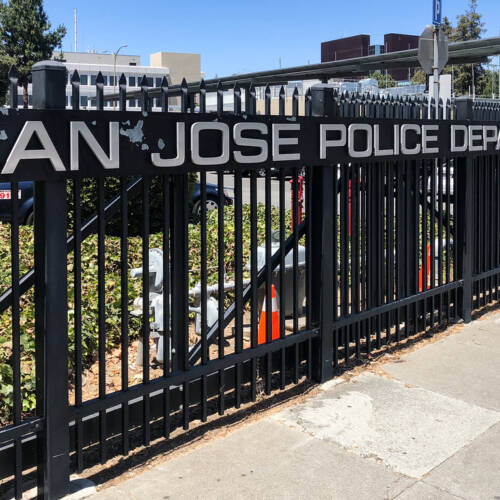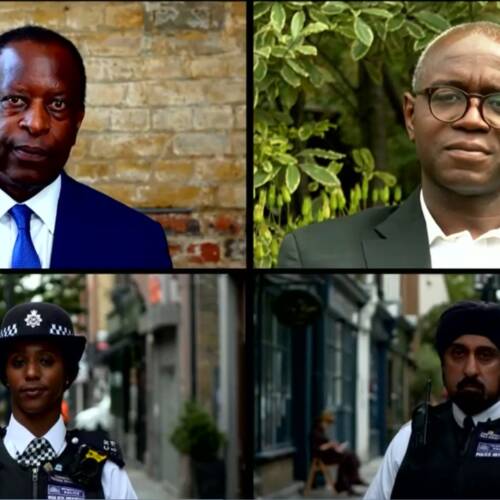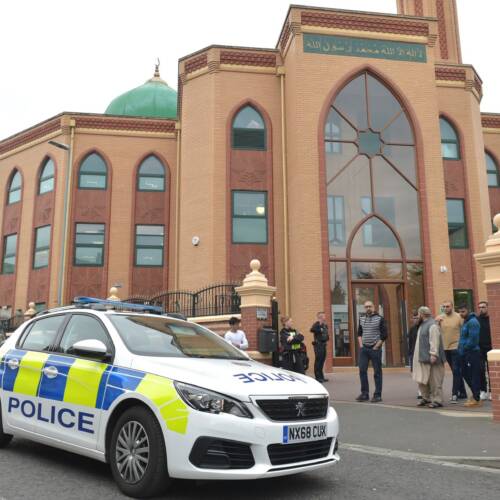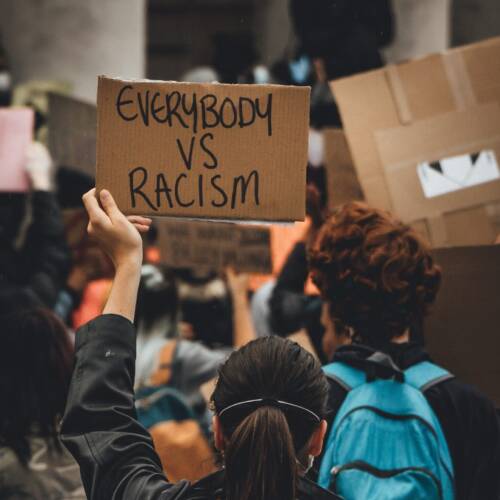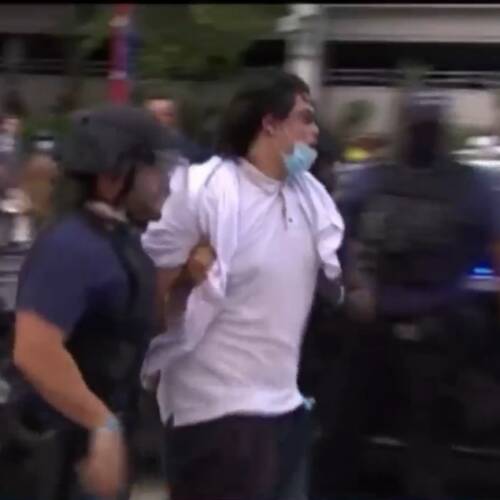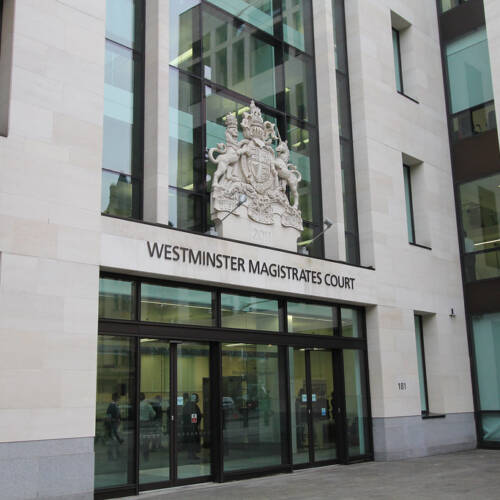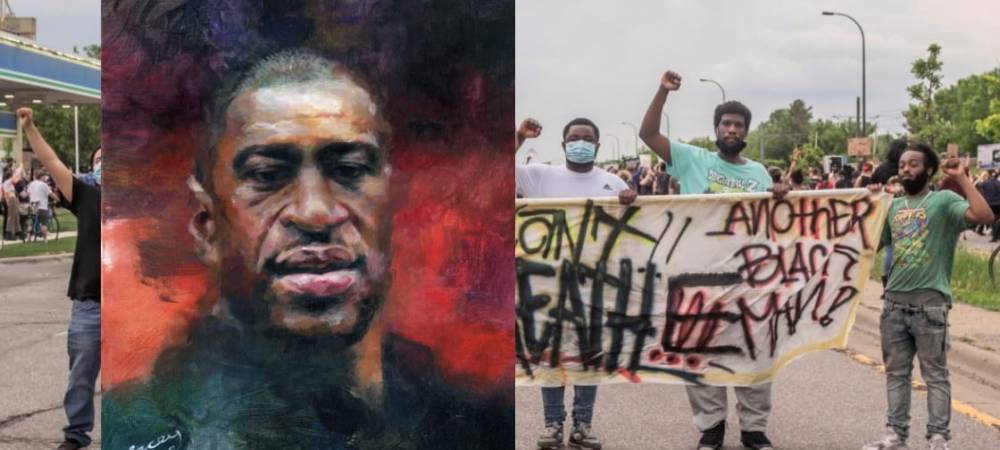
Nothing New: Another Black Man Killed by the Police. Another Statistic.
28 May 2020The recent murder of George Floyd has triggered protests in Minneapolis over yet another death of an unarmed black man who was filmed crying out for help. This murder echoed that of Eric Garner, a black man who died whilst being arrested in New York City back in 2014.
The many African Americans who have lost their lives in their interactions with the police include, Michael Brown, Tamir Rice, Freddie Gray, Breonna Taylor, Alton Sterling, Eric Garner, and the list goes on. Just a few weeks ago, ex-police officers, Gregory and Travis McMichael were arrested over the death of Ahmaud Arbery in Georgia after a video emerged of their shooting too.
Stories such as these are too many on both sides of the pond. In the UK, we have had similar incidents with Mark Duggan, and Rashan Charles. More recently, Desmond Ziggy Mombeyarara, 34, was seen in mobile phone footage being tasered in front of his infant son at a petrol forecourt in Manchester. As a father myself, this brought shivers down my spine.
It seems that unarmed
black people are being killed at a frightening level right now, especially by
members of the police force without accountability and without justice. Even
without deaths, many black people are finding themselves treated as suspects by
default. I remember when Harvard Professor Henry Louis Gates Jr. was questioned
by the police several years ago about whether he lived at his home, even after
showing them identification and proof.
Scenes such as these are the reason why NFL players such as Colin Kaepernick,
Eli Harold and Eric Reid took a knee during the national anthem, protesting
racism and police brutality in our communities.
The fact is that there is this blatant bias that looks at young black boys as devious criminals. This is especially apparent when the situation is reversed and the media articulates the misdeeds of naughty white boys as ‘childhood mistakes’ and ‘learning experiences’.
Could this also be why the officer who killed Tamir Rice in Ohio, didn’t see an innocent young boy playing in the park, but rather an older, potentially violent shooter? This image of black boys being troublemakers is shaped from as early as primary school, when teachers judge the behaviours of children differently depending on their race.
Dr. Frank Edwards of the American, Rutgers University’s School of Criminal Justice has recently researched a very interesting study. His study concluded that police use of fatal force identified as a leading cause of death in young black men. About 1 in 1,000 black men and boys in America can expect to die at the hands of police, according to a new analysis of deaths involving law enforcement personnel.
Another recent study at Yale University found this could explain why black boys are suspended more often than their white classmates.
Similarly, a recent parliamentary research supported by INQUEST, a UK research criminal justice charity, states that shows us that individuals are black and minority ethnic groups are at higher risk of arrest, and are more likely to die of violent force by police.
How can black communities feel safe when they are targets of violence by the very institutions that are supposed to protect people?
For some, such as the protesters in Minneapolis, rioting seemed to be the answer. Given the sheer pressure, anger and indignation many of us are feeling at a society that always seems to excuse perpetrators and faulting victims, we have to understand that in the aftermath of burnt-down shops, houses and cars, it is our communities that suffer in the long-run. For those already eager to brand Black Lives Matter a “terrorist group”, such sights must be mouth-watering.
I believe that the answer lies with the activism of the likes of Shaun King and a few others like him whose consistent social activism against police brutality has been remarkable, exceptional and stand world apart compared to those who want to take BLM in a different direction. In the UK, I look up to Lee Jasper who has been at the forefront of challenging police brutality for over 30 years without much recognition. Lee Jasper encourages political engagement and peaceful activism in urban communities.
Our communities need to independently support, with resources, people like Shaun King and Lee Jasper to train the next generation of social activists to be savvy in challenging police brutality in urban communities. My condolences and respect goes to all the families of victims of police brutality. We need the families and designated appointed spokespersons to work with community leaders to come together to bring peace in our communities.
Rioting, burning our communities, and placing opportunist race baiters on the news is not the answer. Instead, they breed problems. There has been a multitude of research on the problems, but we need more analysis of the solutions. In my opinion, our communities need organisations like The Black Police Association to take a more active role in being community mediators. Although we are used to viewing police officers as part of a problematic system, we need to understand that they are also people, and despite my negative experiences, I have also met many exemplary officers over my life. Such officers, about whom I speak in another piece, can make a great difference.
We also need grassroots
anti-youth violence practitioners to consistently facilitate stop and search
awareness training in our communities as well as teach of ways to defuse
situations. Such places could include schools, youth clubs, Churches, colleges,
universities, Mosques and community hubs for our youth to be socially prepared
for police encounters.
Coupled with these is the importance of holding officer misconduct to account. Mobile phones have been a revolutionary tool in exposing police brutality in our communities in recent years. In the last few years, numerous videos have emerged of black citizens being killed during arrests. Often filmed by passer-by’s, these videos have shone a harsh light on the response to examples of bad American and UK inner-city policing.
I don’t think I have all the answers to solve the causes behind police brutality. However, I do believe that effective community action and working with the members of the police who genuinely want to protect and serve their community can have a far better outcome than the horrible scenes coming out of Minneapolis right now.





